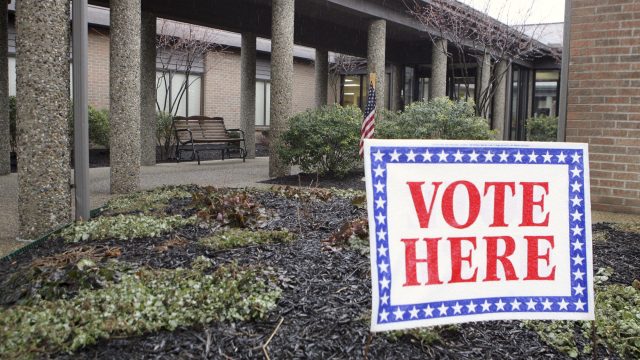Should Being A Property Owner Qualify You To Vote In A School District You Don't Live In?

A couple of days ago I wrote about HB1383 which addresses the qualification of voters to cast ballots in school bond elections. As the bill is written, it would seem to limit voter eligibility in school bond elections to people who are a) eighteen years old and b) “freeholders,” or property owners.
Yesterday a SAB reader who is also a constituent of Rep. Howard Anderson (the bill sponsor and a Republican from Turtle Lake) told me that the bill was his idea, and that the wording is wrong. His intent wasn’t to limit voting in school bond elections to property owners but rather to expand eligibility to include people who are property owners in a school district but not residents.
That’s a much more interesting issue. Property owners get hit with taxes thanks to school bond elections, but unless they live in the school district they don’t get a vote in those elections.
Should they?
I know it’s a problem for some people. Here in the Minot area I’ve spoken to SAB readers who own property – lake cabins, specifically – near Rice Lake south of town which is in the South Prairie School District. Said school district has been on a building spree of late, fueled by bonds approved by voters in the school district, but the folks paying a big chunk of the taxes because of those bonds are lake cabin owners who live outside of the school district (mostly in Minot).
Given that “taxation without representation” was a gripe at the crux of the American revolution, can we really say it’s fair for property owners to get hit taxes they get no say in?
I suspect that local governments, who in absentee property owners have a captive audience of taxpayers who can be made to pay more without consequences, would probably say it is. But as a question of representative democracy, it probably isn’t. And in so far as that’s true, we should probably be letting property owners vote in more than just school bond elections, given that decisions made by local elected leaders also impact taxation on that property.
But this bill is a long-shot to pass. We could cite all sorts of examples where people are not allowed to vote where they are taxed. This isn’t likely to be a can of worms lawmakers want to open.




